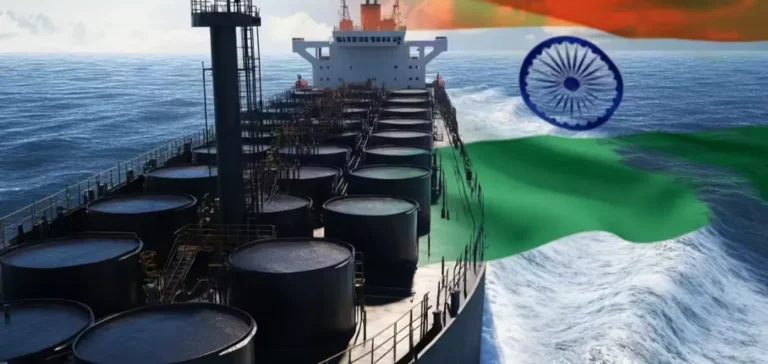The EU (European Union) guidelines require proof of fuel origin and either segregation of crude streams or a documented period with no processing of Russian crude. The initial burden of substantiation falls on the European importer, who must obtain precise attestations from the refiner and logistics providers. Exemptions remain narrow, reducing the appeal of Indian routes into Europe when crude baskets include Russian volumes. Market participants are reallocating diesel cargoes toward markets where documentation requirements differ and where price differentials offset compliance costs.
Reallocated flows and market shares
Shipments of diesel from India to Brazil reached about 210,000 barrels per day in September, tripling month on month. India’s share of Brazilian gasoil imports rose from roughly 10% in August to a level near 75% in October. Flows to West Africa (WAF, West Africa) approached 170,000 barrels per day in August, while dispatches to East Africa (EAF, East Africa) reached about 160,000 barrels per day in October. Europe’s share in India’s diesel exports fell from a peak near 36% to about 19% year to date, while Africa stands around 40%.
The ship-to-ship (STS, ship-to-ship transfer) price at Lomé for low-sulfur diesel stood at about 661 dollars per metric ton on October 21. This level reflects a premium of roughly 18 dollars per metric ton over the ICE Low Sulphur Gasoil (ICE LSGO, low-sulfur gasoil) benchmark. The presence of a transparent regional marker facilitates the routing of Indian cargoes toward West African hubs. The observed differentials support the competitiveness of volumes not destined for Europe.
Supply constraint and logistical adjustments
Drone strikes on Russian refineries reduced the ability of certain units to deliver products, with a notable decline in seaborne fuel exports in September. This contraction limits supply available to Africa and increases the space taken by Indian cargoes. The ramp-up of the Nigerian Dangote complex mainly affects the gasoline balance in the short term, with West Africa remaining a net importer of diesel. Storage and blending terminals such as Fujairah serve as organizing points for documentation chains, with segregated batches to meet traceability requirements.
Contract documents incorporate origin attestations, segregation schemes, and non-processing periods to align deliveries with European rules. Delivery schemes such as Delivered At Place (DAP, delivery at destination) and STS operations at Lomé support regional distribution and price anchoring. Payment and insurance chains check exposure to risks from the Office of Foreign Assets Control (OFAC) when Western counterparties are involved. All these parameters steer arbitrage toward non-European routes when documentary compliance cannot be guaranteed without additional costs.
Companies involved and commercial implications
Reliance Industries allocates its volumes between markets offering regional premiums and compliant lots destined for Europe, according to segregation requirements. Nayara Energy, operating the Vadinar site, is subject to European restrictive measures that affect its export options and banking interactions. Volumes into the domestic market are reinforced via Hindustan Petroleum Corporation Limited (HPCL, Indian refiner and distributor) to stabilize throughput. European importers request detailed proof of origin, which conditions terminal access and the scheduling of loading programs.






















